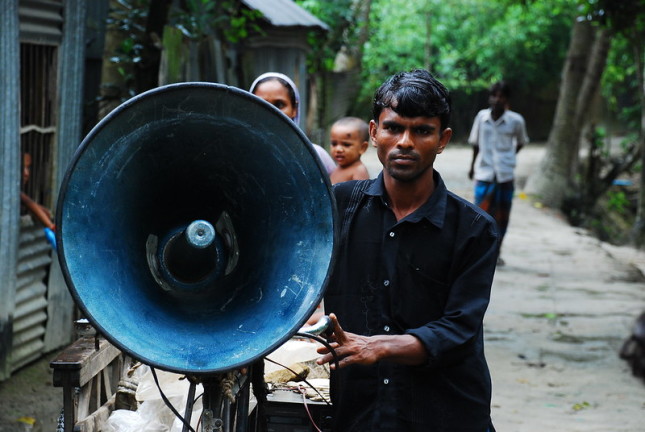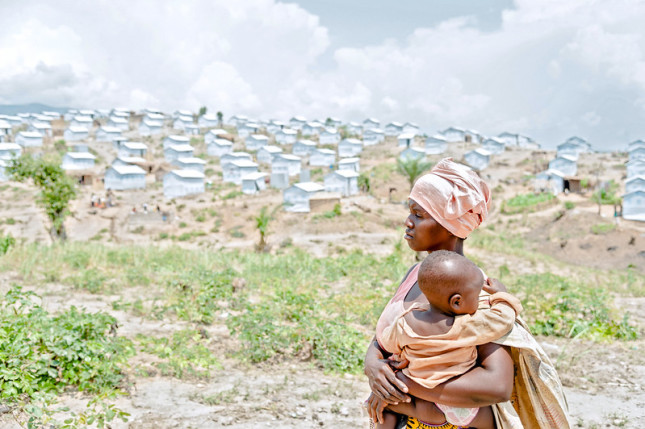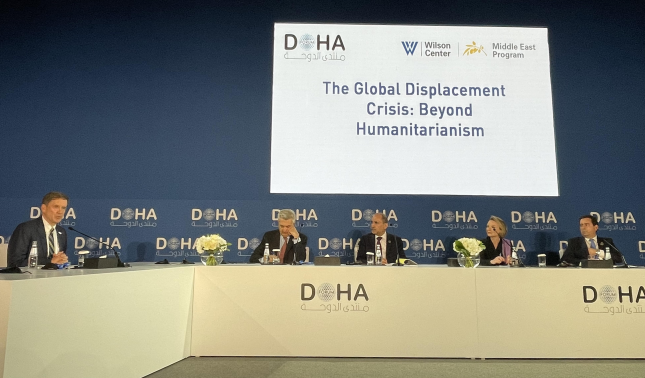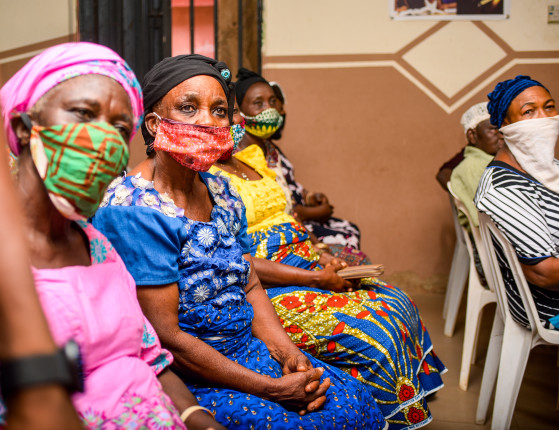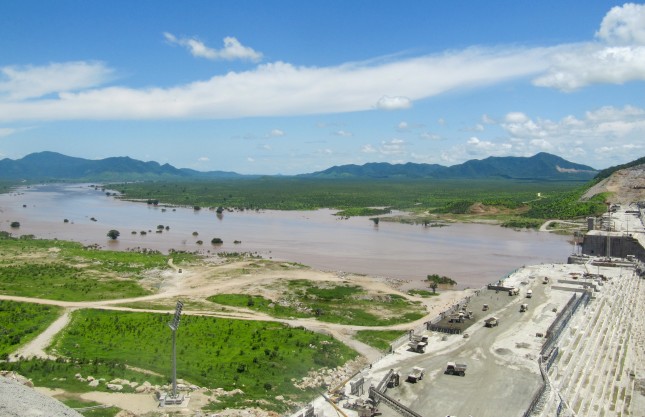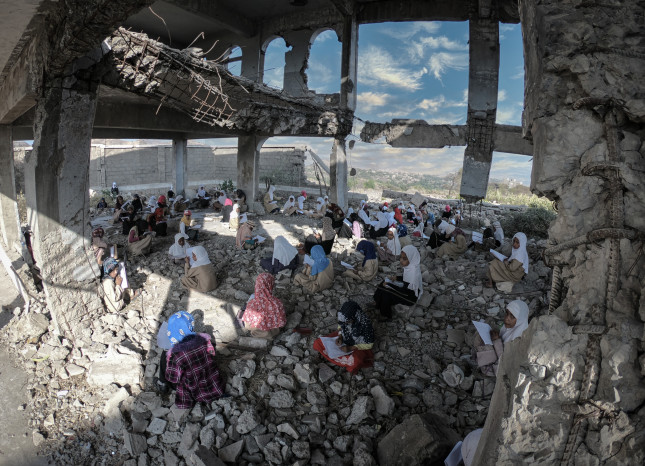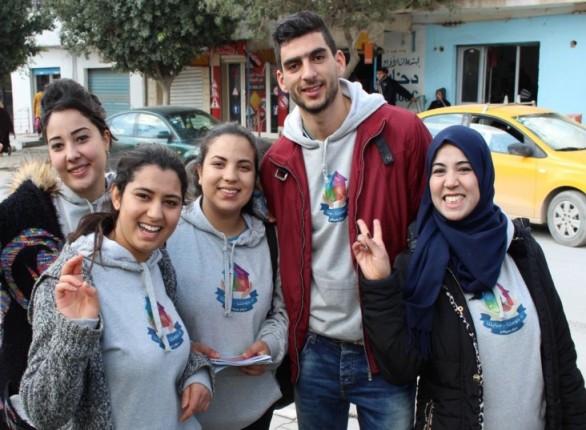-
The Climate Solutions That Play Double-Duty
›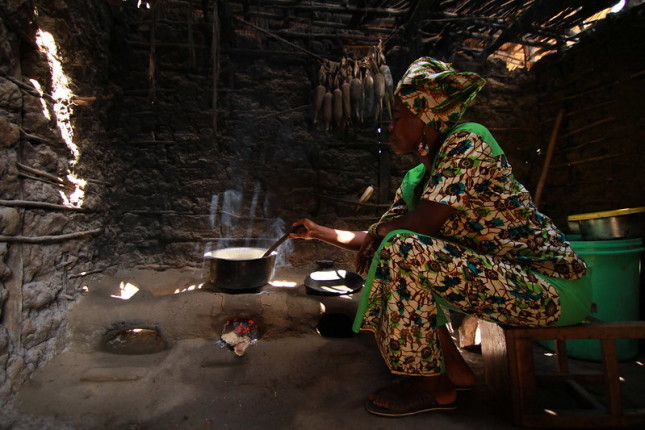
Finance for climate action is growing—however, much of this money is being invested in wealthier nations, while the regions where funds are needed most are often overlooked and underfunded by both public and private institutions. The good news for funders is that there are climate solutions that not only significantly reduce greenhouse gas emissions, but also create cascading social and public health benefits for communities on the frontlines of the climate crisis. For those looking to get the biggest return on their investment—for both people and planet—we offer two particularly promising solutions: ramp up funding for clean cooking and electricity where they matter most.
-
United Nations Advances Strategic Foresight: Breakdown or Breakthrough Scenarios?
›
Last September, Secretary-General António Guterres outlined the United Nation’s Our Common Agenda in a speech to the General Assembly. His remarks focused on the future of global cooperation for the next 25 years. It was imperative, he messaged, to recognize that our accelerated interconnectedness, and the formidable challenges we all face, can only be addressed through a reinvigorated multilateralism, with the United Nations at the core of collective member efforts. We must think big, act swiftly, and work effectively, he said, to reshape how we move forward today to achieve the goals of the UN declaration commemorating the 75th anniversary of the United Nations.
-
New Security Brief | Converging Risks: Demographic Trends, Gender Inequity, and Security Challenges in the Sahel
›
Security conditions in the Sahel are rapidly deteriorating. Since 2016, the region has witnessed a 16-fold increase in terrorist attacks. In Burkina Faso, Chad, Mali, Mauritania, and Niger, 10.5 million people are facing starvation, and with climate-related disasters increasing and intensifying in the region, food insecurity is projected to rise. Against this backdrop, rapid population growth is outpacing governments’ ability to provide access to basic services. These pressures have transformed the central Sahel into the epicenter of a forced displacement crisis, with dire long-term and global humanitarian consequences that reverberate well beyond the region’s borders.
-
“We are so worried we are going to be forgotten”—A Doha Forum Discussion on the Global Displacement Crisis
›
The humanitarian needs for those who are displaced are unprecedented, said Amb. Mark Green, President of the Wilson Center and former USAID Administrator, at a Doha Forum panel hosted by the Wilson Center’s Middle East Program.
-
It’s Not Ok: How Data from Nigeria Reveals the Role of Addressing Community Attitudes to End Violence Against Women
› -
When Climate Change Meets Geopolitics
›Deteriorating security in Ethiopia, a country W.E.B. Dubois once described as where “the sunrise of human culture took place,” is deeply concerning. The last few months have seen a dramatic involution for a country that was once a poster child for sustainable development. The conflict between the government and rebel forces in Tigray is not just a matter of regional security, but a significant blow to the world’s efforts to fight climate change.
-
The Changing Face of the Global Humanitarian Crisis: Gender, Climate Change, and Humanitarian Interventions
›
“In a changing world with galloping, growing needs, we can’t keep making the same efforts, issuing the same pleas, and just write bigger and bigger checks and expect different results,” said Samantha Power, Administrator of the United Agency for International Development (USAID), at the launch of the Global Humanitarian Overview, co-hosted by the Center for Strategic and International Studies, USAID, and the UN Office for the Coordination of Humanitarian Affairs (UNOCHA). “We must change the ways we deliver humanitarian assistance to include full participation, design, and leadership from local populations and organizations, from women and marginalized peoples who can help develop truly sustainable solutions to the risks they face in their own communities,” said Power.
-
Generation 2030: The Strategic Imperative of Youth Civic and Political Engagement
›According to a recent poll, young people are deeply concerned about the world they will inherit, want to be more engaged in meeting the development needs of their communities, and are helping to lead democracy or social justice protests in their countries. At the same time, new research shows a large decline in trust and admiration for democratic governance. According to Freedom House, for the first time in decades, authoritarian leaning regimes outnumber democratic leaning ones, with a majority of the world’s population now living in authoritarian leaning countries.
Showing posts from category development.


